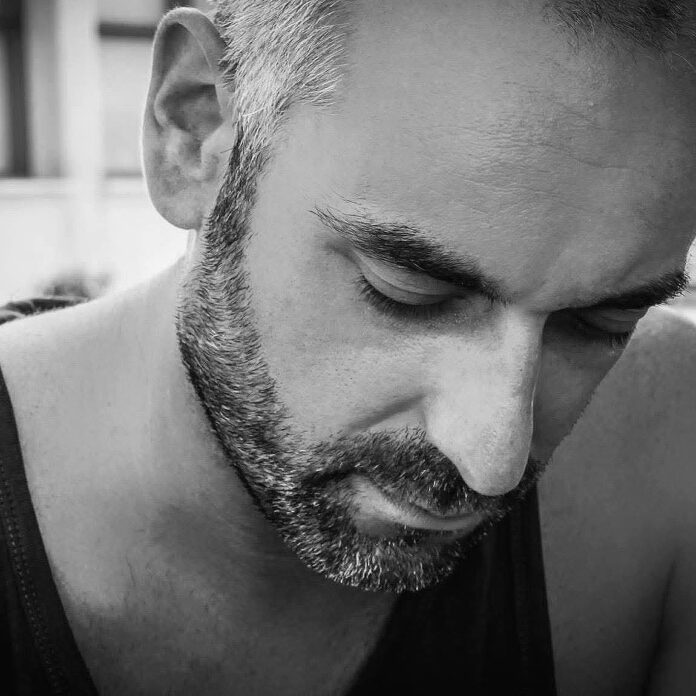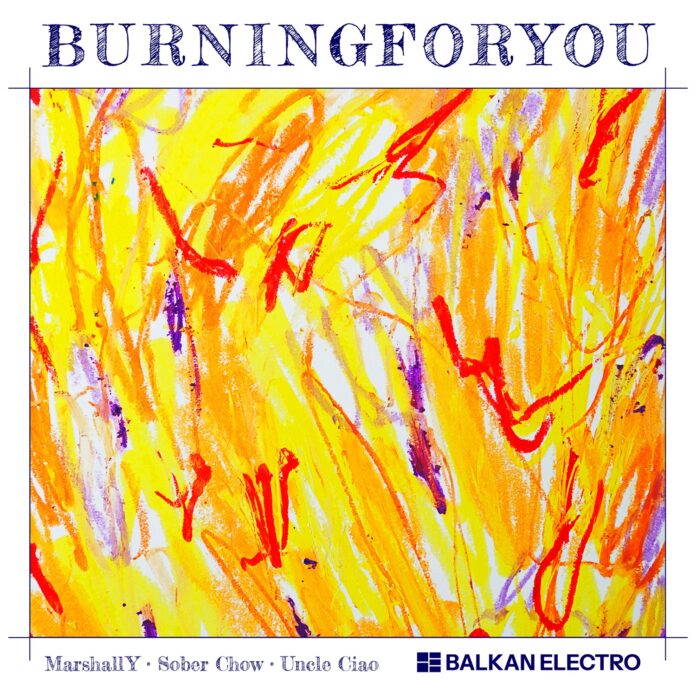Daikichi Kawachi is a single 30-year-old who learns that his dearly departed grandfather had an illegitimate six-year-old daughter (which strangely enough makes her Daikichi's aunt) named Rin Kaga after attending his grandfather's funeral. Rin is treated as an outcast by the rest of the family, and Daikichi, feeling sympathy for Rin, decides to take her in. Thus begins the story of Daikichi and Rin as they learn about each other and what it means to be a family.
Usagi Drop has been praised for its representation of parent-child relationships, poignant and straightforward art, and touching story. Much of the praise is directed at Daikichi since he is a great model for fatherhood. What primarily makes him unique is that Daikichi is a single dad. It is a rarity to see a positive story written about a single father in a country like Japan, which is still heavily reliant on strict gender roles and two-parent families. Usagi Drop also resonates with viewers because it's the perfect model of art imitating life since there has been recent growth in the number of single-parent households. But a lot of fans don't realize that while Usagi Drop is considered a 'dad anime,' it is just as much an anime about childhood.
Through the eyes of Rin, viewers can learn again what it means to be a child. While there may be readers of this feature who are not parents, everyone can remember a time when they were a child. All of those critical and embarrassing childhood moments come flooding back while watching Usagi Drop, be it wetting the bed or shyness when meeting strangers. Rin also reminds us of the more challenging moments of growing up, such as dealing with the death of a loved one.
Such an existential dilemma is tough for anyone, let alone starting the series off with six-year-old Rin having to deal with her father's death. Usagi Drop handles the tricky emotions of being a small child with such empathy and care that it is hard not to fall in love with the series. Daikichi helps Rin grapple with psychological pain such as the concept of death or as well as issues smaller in scale like separation anxiety. Whether the reader is a parent or not, it is safe to say that everyone remembers when they were worried about their parents not coming back when they dropped them off at school or having a loved pet pass away. The beauty behind Usagi Drop is that the story is crafted with such skill and understands the struggles of parenthood and childhood so well that a sense of empathy is easily evoked. Usagi Drop is simply one of the best slice-of-life anime.
Art like Usagi Drop reminds us those good parents (single or not) are so vital and that the wonder of childhood has its ups and downs. So for viewers who are parents and may be frustrated with their children, or even childfree people who are annoyed when a little kid acts rowdy--remember that, at one time, you too were that small child who was grappling with new emotions that you could not understand. As for the single dads out there who handle their business, Usagi Drop is a love letter to you.
About The Author

